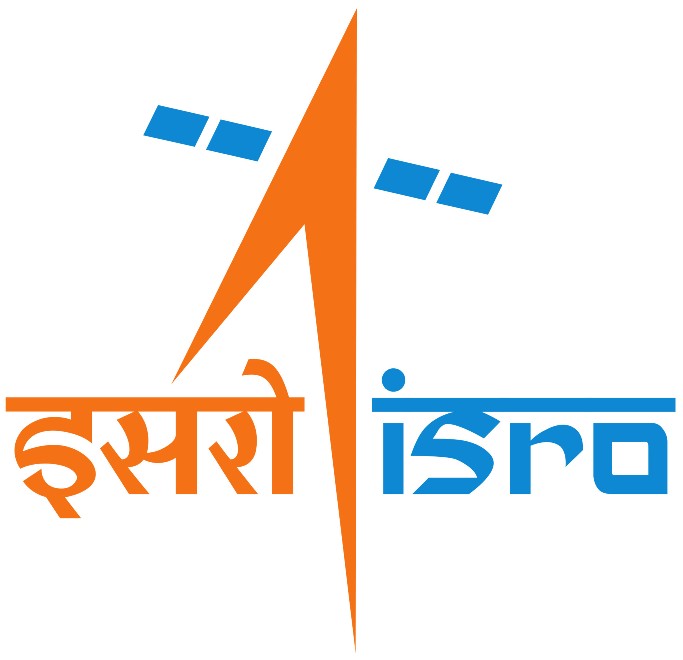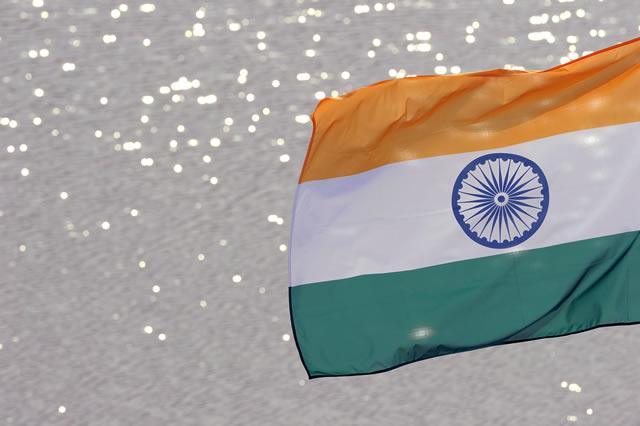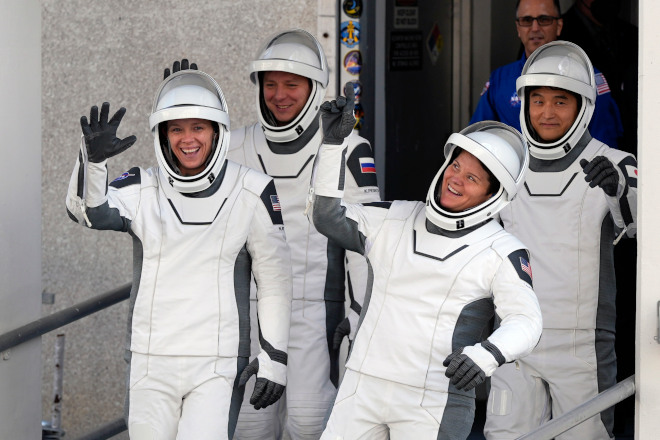
GANDHINAGAR (PTI): Indian Space Research Organisation (ISRO) Chairman S Somanath has said that the astronauts selected for India’s first human space flight programme ‘Gaganyaan’ are ready and waiting for the flight to happen for the 2025 mission.
The ‘Gaganyaan’ programme aims to send four astronauts into space for a three-day mission in 2025 and bring them back safely to Earth.
ISRO, whose Chandrayaan-3 made a historic landing near Moon’s south pole in August, is working day and night to develop technology to make it happen, Somanath said.
“For the first mission, we have selected four of them, and it is our endeavour to send them at least by 2025 to space and bring them back safely. Bringing them back safely is a very important element of this mission,” Somanath said on Saturday while addressing graduating students at the 11th convocation of Pandit Deendayal Energy University (PDEU) at Gandhinagar, Gujarat.
“A lot of technology needs to be developed in the coming days to make it possible. And at ISRO, we are working day and night to make that happen,” he said.
Several technologies for the same have been developed afresh, perfected and made successful in the last few years, he said.
“In the coming days we will see multiple missions without man, and then ultimately the launch of an Indian into space. The astronauts are already ready. They are waiting for the flight to happen. This is one of the important missions that we are looking at,” he said.
ISRO is also looking at making a space station, which is vital for scientific and technological progress and for industries to work in various domains, he said.
“The energy created out of Chandrayaan-3 landing enables us to dream big today. None of our dreams can be small. With every incremental success that we make, our dreams grow bigger and bigger, and it has to be achieved. And it can only be done by young people who are coming into this sector,” he said.
India in August joined an elite club of countries to achieve a soft landing on the Moon, after the US, the former Soviet Union and China.
Somanath said that India today has become a world leader in space technology, and even when investment remains modest, the country has been able to create capacity and capability in the sector to build its own spacecraft, have its own launchers, and achieve whatever it wants to do with that type of budget.
In addition to ISRO, he said, India now has industries building and launching satellites and spacecraft. There are companies manufacturing parts and systems for aerospace and Boeing, offering great opportunities for the future generation, he said.
“Future generations of students graduating now have a great opportunity that none of us had in the past – an ability to envision, create new ideas in the space sector,” he said.
Somanath said that in 2023, ISRO overcame three past setbacks with the success of Chandrayaan-3, GSLV (Geosynchronous Satellite Launch Vehicle) and the small satellite launch vehicle.
Talking about Chandrayaan-3, Somanath said that India now has the confidence to do “high technology” projects of this class.
“It not only resonated with society all across the country, but it resonated equally well outside the country. We became the first nation to land on the south pole of the Moon, and we became the fourth nation to land on the Moon,” he said.
To achieve Prime Minister Narendra Modi’s vision of having its own space station by 2035 for India to land on Moon by 2040, “You need to do many many things, like going to Moon again, going to other planetary bodies like Venus, Mars, and continuous exploration in a manner that is Indian”, he said.
The ISRO Chief said that an emerging nation like India is going to drive on technology, and the country’s future is based on excellence in science and technology.
“We would like to become a powerful nation ... by involving everybody, to become toppers in at least some domains compared to others. The economy created on sound principles of technology has the ability to make us a world leader,” he said.
In his virtual address, Reliance Industries CMD Mukesh Ambani, who is also the president of PDEU, said India is faced with an “energy trilemma” and he is confident that the country has the capability to develop smart and sustainable solutions to address this because of extremely talented young minds to fight the climate crisis.
India's energy requirement is set to double just by the end of this decade. As India reaches to build a robust energy infrastructure to meet its energy goals, it faces three crucial questions, he said.
“One, how can it ensure that every citizen and every economic activity in India has access to adequate, most affordable energy. Two, how can it rapidly transition from fossil fuel-based energy to clean and green energy. Three, how can it derisk the expanding needs of its fast growing economy from a volatile external environment,” Ambani said.
“I call these three questions the energy trilemma. I am confident that India is capable of developing smart and sustainable solutions to address this trilemma because it has extremely talented young minds to fight the climate crisis.
They will design breakthrough energy solutions to build not just a strong and ‘Atma Nirbhar’ India but also a safer and healthier planet,” he said.
 Previous Article
Previous Article Next Article
Next Article













The Indian Air Force, in its flight trials evaluation report submitted before the Defence Ministry l..
view articleAn insight into the Medium Multi-Role Combat Aircraft competition...
view articleSky enthusiasts can now spot the International Space Station (ISS) commanded by Indian-American astr..
view article